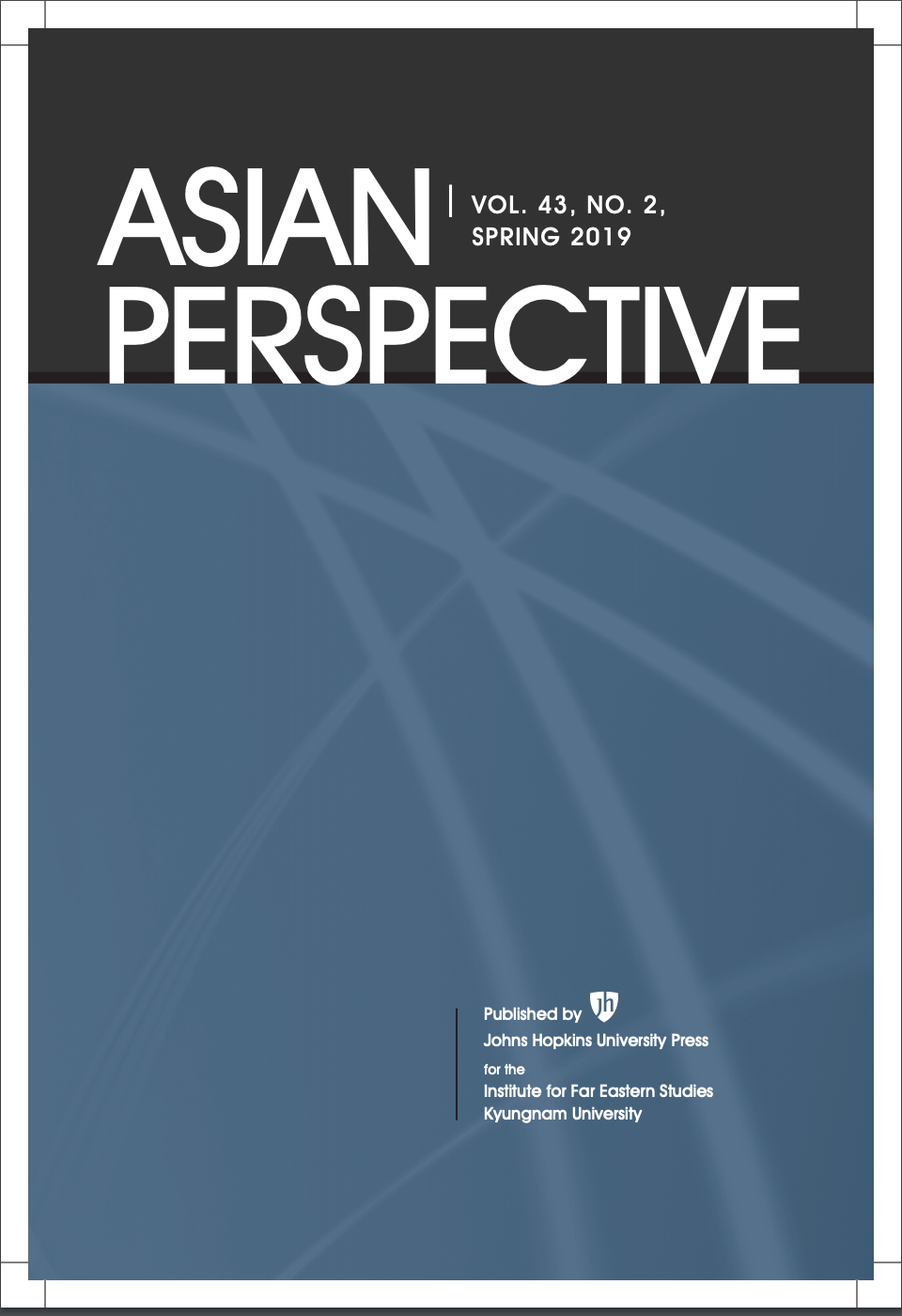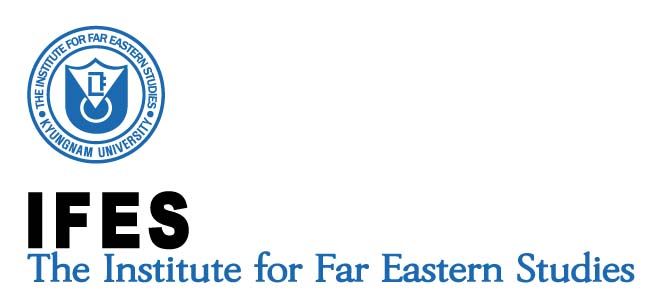News
Asian Perspective to Feature ‘Preprint Articles’
The Political Opportunity Structure of Chinese Villages: A Case Study of Rightful Resistance in Northwest China
Author(s): Guo Pengpeng, René Trappel, and Han Guoming
PDF File:
Posted: May 2021
How does “rightful resistance” (O’Brien and Li 2006) take place in contemporary rural China? The continuously evolving village election system, the abolishment of the agricultural tax, and a new insistence on fighting corruption seemingly have created more space for the rural population in China to defend its rights. However, the central state’s emphasis on solving the so-called “three rural issues” (sannong wenti)—raising incomes and welfare for the rural population, modernizing the countryside, and developing industrialized and modern agriculture—in a top-down manner and the continued use of “project-based management” has also greatly decreased the ability of the rural population to influence the agenda of the state and has thereby increased the potential for friction between the local state and its rural citizens. This article is a case study of a dispute between villagers and local cadres about the implementation of a reforestation project. While the case shows that villagers have several avenues for protest, it also hints at the low effectiveness of their protest and the continued existence of important structural obstacles dealing with different levels of the administration, including the atomization of villagers, the volatile nature of their interest coalition, and a profound lack of allies in society.
News Media Effects on Political Institutional and System Trust: The Moderating Role of Political Values
Author(s): Xiaoxiao Meng and Shuhua Zhou
PDF File:
Posted: May 2021
This paper explores the correlation between media effects and political trust, as well as the moderating factor in the equation. Specifically, the authors measured political trust within two categories: institutional trust and system trust. Analyses were based on two waves of surveys conducted among Internet users (2014: N = 2,970; 2017: N = 2,379) in China. Results indicated that (a) exposure to official media was positively correlated with political trust, whereas exposure to individual media and overseas media were negatively correlated with political trust, and exposure commercial media was a non-significant factor; (b) correlation was higher for institutional trust than system trust; (c) political values were a significant moderating factor. Implications are discussed.


